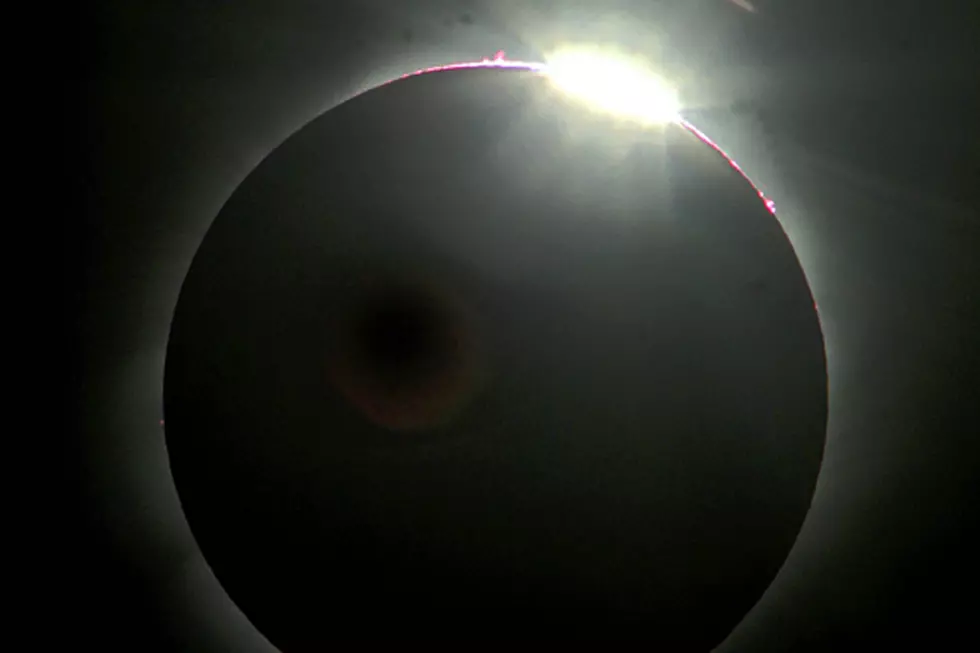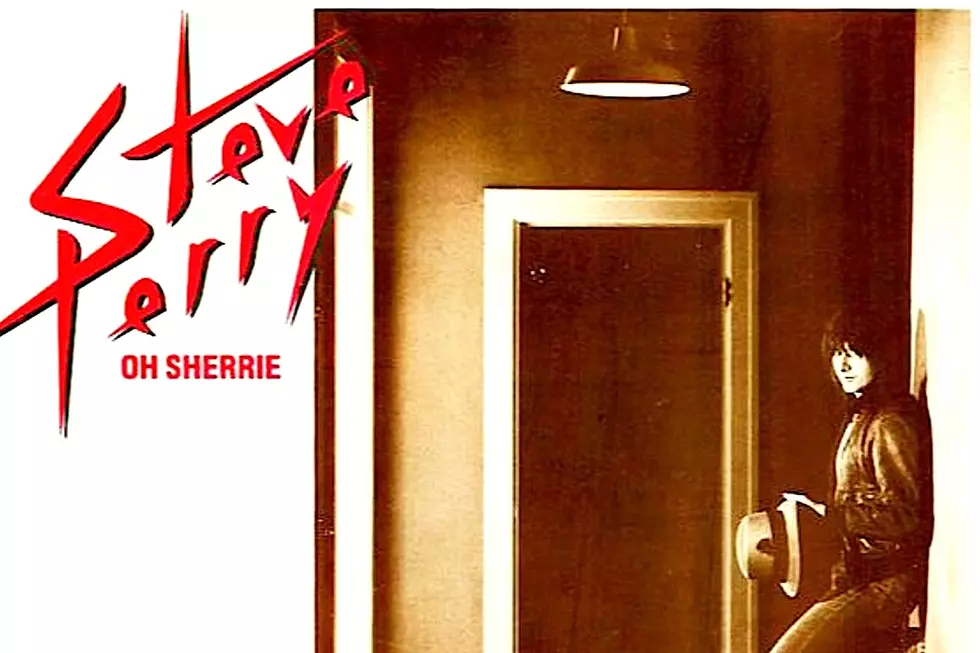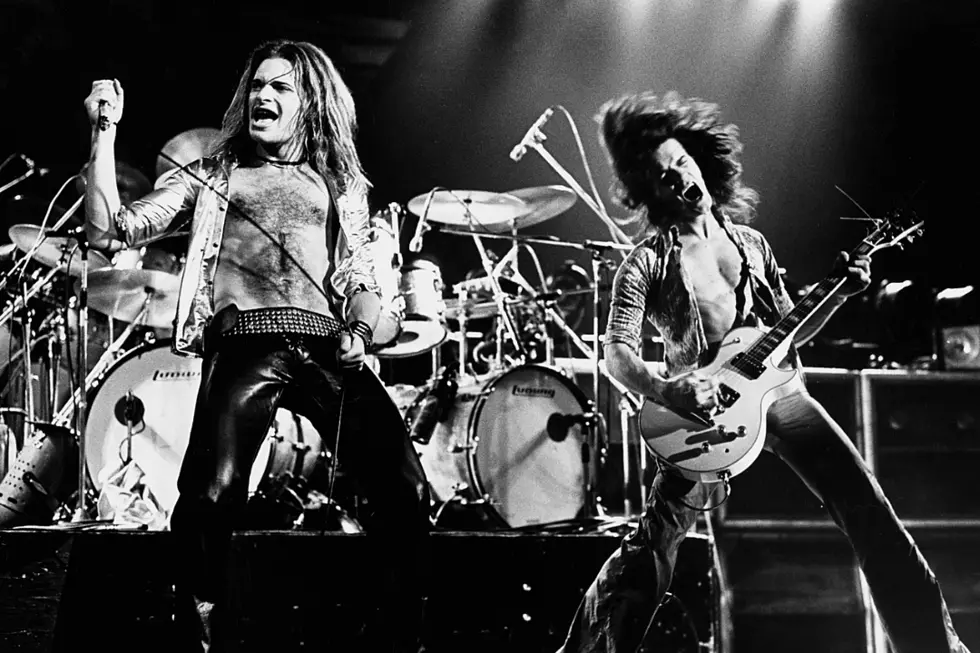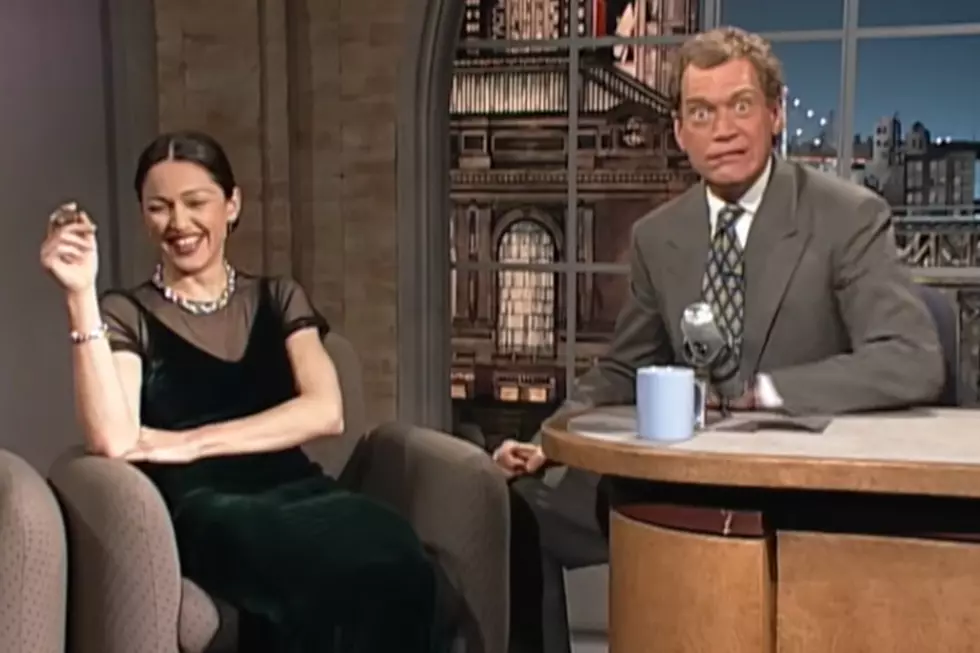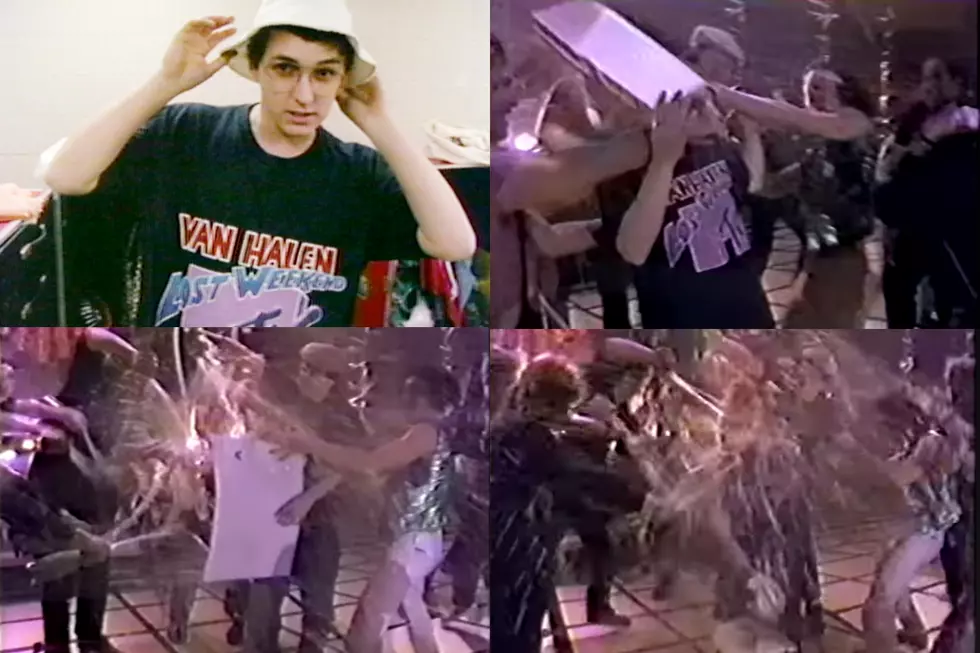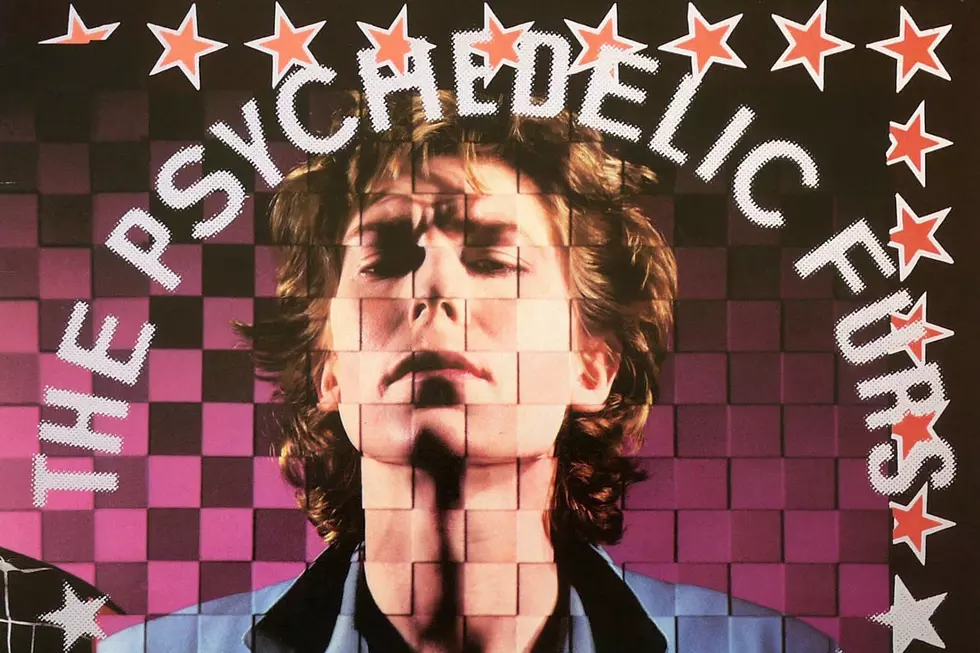
How the Psychedelic Furs Continued Transforming on ‘Mirror Moves’
The Psychedelic Furs had already begun moving away from their early punk-influenced sound as sessions for Mirror Moves got underway.
"I Don't Want To Be Your Shadow," the approachable B-side to "Love My Way" from 1982's transitional Todd Rundgren-produced Forever Now, pointed to where they were headed. Frontman Richard Butler was also streamlining his narratives, telling Jeff Goldman of Artist Magazine that he'd "made the lyrics simpler on purpose, clearer."
"We kind of liked the more pop sound Todd gave us," Butler told the Chicago Tribune in 1991, "and thought it was worth exploring further" with Mirror Moves producer Keith Forsey, best known for his work with Billy Idol.
The point, at this juncture anyway, wasn't garnering a hit. (That would come later, in the Midnight to Midnight era.) Instead, bassist Tim Butler, Richard's brother, said this continued evolution happened organically. For instance, the departure of drummer Vince Ely left Forsey to more fully rely on mechanized beats, even as period-specific synths inevitably moved to the musical fore.
Still, radio-friendly songs like "The Ghost in You" and "Heaven" likely would have found their place no matter the musical setting. Fans responded, as Mirror Moves nearly cracked the Billboard Top 40 on the way to becoming the Psychedelic Furs' second-consecutive gold-selling album.
The band's success was "a natural sort of progression," Tim Butler told the Tucson Weekly in 2013. "There was no Svengali behind the scenes pulling our strings or telling us what to do. We just kept moving forward with each album, and it got bigger and bigger around us."
Watch the Psychedelic Furs' 'Ghost in You' Video
That doesn't mean there weren't disagreements, in particular when it came to releasing the perhaps-too-conventional, perhaps-too-political "Here Come Cowboys" as the album's third single. "We bowed to their will; we thought, 'They're a record company, they probably know better than we do about it,'" Richard Butler told Ink19 in 2002. "I thought releasing 'Cowboys' as a single was a big mistake."
The Psychedelic Furs had made other passes at topical themes, notably with 1982's "President Gas," but "Here Come Cowboys" was more obviously aimed at the current administration – leaving Butler to caution that "it's also an attack on TV heroes," even as the single quickly sunk.
Lesson learned: "My attitude is that I like music that helps me understand myself, because when I understand myself I can understand the world outside a bit better," Richard Butler told Artist Magazine. "I think that when people come shouting slogans, it really doesn't help you understand [anything] other than there's some war going on in some corner of the world. It doesn't help you come to terms with yourself and how you can relate to other people. Communication is kind of minimal. It comes out of a speaker at you and it stops at your head, and that's about as far as it goes."
Issued on Aug. 21, 1984, Mirror Moves actually made room for flintier, more traditionally Furs-sounding moments like "Alice's House," "Only a Game" (with its razoring performance by guitarist John Ashton) and "Highwire Days," though those type of songs were few and far between. The Psychedelic Furs could still get plenty weird when they wanted to.
"'Alice's House' is an asylum, and it's just a song basically about madness," Richard Butler told Jeff Goldman. "There's a weird attraction about insanity; there's something very intense about it. It's almost alluring. I'm not talking about when you see people feeling those things, that that's not very attractive, but sometimes when you feel like that yourself, there's like an evil allure about it."
The closing "Highwire Days," meanwhile, serves as "an attack on the press, and it's just saying that you can see through it all," Butler added. Despite his best efforts, however, he admitted that some lines – notably "they tore up our kisses and ran" – might still have been "maybe too complicated."
"Thinking back, for me some of the best lyrics are on [the Furs' 1981 album] Talk, Talk, Talk," Butler told Artist Magazine in 1984. "I couldn't write lyrics as good as Talk, Talk, Talk again, just because I don't have the inclination to write in that confident style. On that album, you can get a visceral understanding of the song without knowing what it's about. But on these new ones, I feel it's quite easy to get a narrative idea of what the songs are about."
Listen to the Psychedelic Furs' 'Highwire Days'
That inevitably led Psychedelic Furs up the singles charts. They reached the U.K. Top 30 for the first time with "Heaven." Then "The Ghost in You" became their second-ever charting Billboard single, after "Love My Way." "My Time" explored a similarly spacious musical landscape, while "Like a Stranger" found an affable new setting for Butler's melancholic vocals.
"The third album, Forever Now, we took a departure in sound," Ashton told Veer in 2014. "There's not the interplay of guitars that [departed second guitarist] Roger [Morris] and I had on our first two albums. Then Mirror Moves was a total departure. It was very poppy, not really the signature sound anymore."
Next came the group's commercial breakthrough, first with the far poppier U.K. Top 20 re-recording of "Pretty in Pink" and then "Heartbreak Beat," their biggest U.S. hit from 1987's too-glossy Midnight to Midnight. But the Psychedelic Furs seemed to recoil from that wider success, just as soon as they'd achieved it.
"I think any pressure came from ourselves, which is more of a pressure that came after the first two records," Richard Butler recalled to Ink19 in 2002. "We make those two, and wondered, 'What do we do now? We don't want to keep on making the same records.' So, it became a pressure to something different with every record, which included Mirror Moves: 'Let's make a poppy Psychedelic Furs album!' But we came very unstuck when it came to Midnight to Midnight, unfortunately."
Turns out, Mirror Moves was about as famous as the Psychedelic Furs ever hoped to be. "Part of me didn't want to get to that level," Butler told the San Francisco Chronicle in 2018. "I achieved a certain amount of success, and it was good enough."
The Top 100 Albums of the '80s
More From Ultimate Classic Rock


